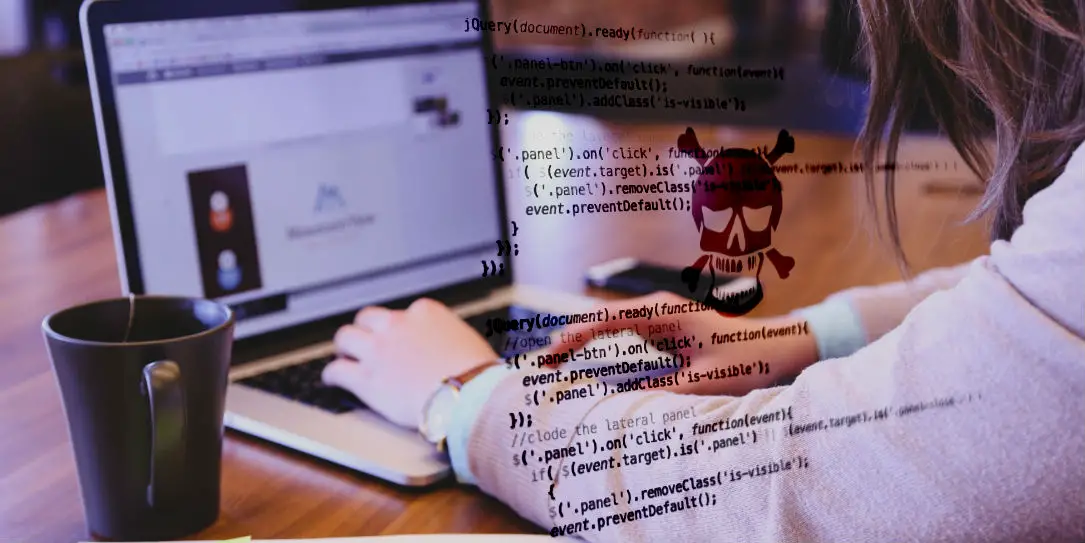The latest major company to experience issues with personal data leaks is Verizon. The issue affected around six million customers, and was caused by human error. This kind of mistake does happen, and there is also a vast amount of malicious activity across the Internet, that can put data at risk.
You may not have the same international importance as Verizon, but it’s still vital that your data is secure. Gaining access to any of your personal information enables criminals to hack into your computer and steal information. If people gain access to personal details, either online or offline, they can also take part in malicious activity, such as acquiring credit in your name. You can see how important it is to protect your data, whether it’s a report stored on your laptop or a letter you received from the hospital. Here are five tips you should find useful for keeping your personal data safe.
Make correct use of passwords
Passwords are a vital tool in offering you protection online. Make sure that you choose a password which is hard to crack; use lower and upper case letters, numbers and symbols, and make sure that the password is at least eight characters long. Use different passwords for each account; that way if anyone cracks one password they do not have access to every account.
Keep anti-virus software up to date
Viruses can be used to help steal data, and to cause damage to computers and laptops. If you do not update your software as recommended, you could be putting yourself at risk from hackers. If you do lose data because of problems with a virus, you can seek help to retrieve it; click here for more information.
Shred your paperwork
Never leave paperwork intact if you are going to dispose of it. Stealing discarded mail is a common means of stealing your identity. You may not think anything of it, but any piece of personal information can help someone pass themselves off as you.

Do not trust that phone call
Just because someone says they are calling from your bank, does not mean they are a legitimate employee. Hoaxers can be very convincing. They may even ask you to call back to verify that you are speaking to your bank; they then use technology to direct your call to them. Your bank will never ask you to reveal details such as your PIN number; anyone who asks you to do this is not genuine. If you have any doubts about the legitimacy of a phone call, do not continue with the conversation.
Watch out for phishing emails
As with telephone calls, hoaxers use emails to pretend to be an institution that you often do business with such as a bank or postal service. If you receive an email that asks you to click on a link, or download a document, do not trust it. Doing so could enable the sender to infect your computer with a virus, or steal information.
These tips can help you keep personal data safe. It’s worth taking the time to be vigilant, as not doing so could be put your accounts at risk, and enable someone to steal your identity.
THE OPINIONS IN THIS ARTICLE ARE THOSE OF ITS AUTHOR AND DO NOT REPRESENT TECHAERIS OR ITS STAFF.
Last Updated on August 11, 2019.











Comments are closed.